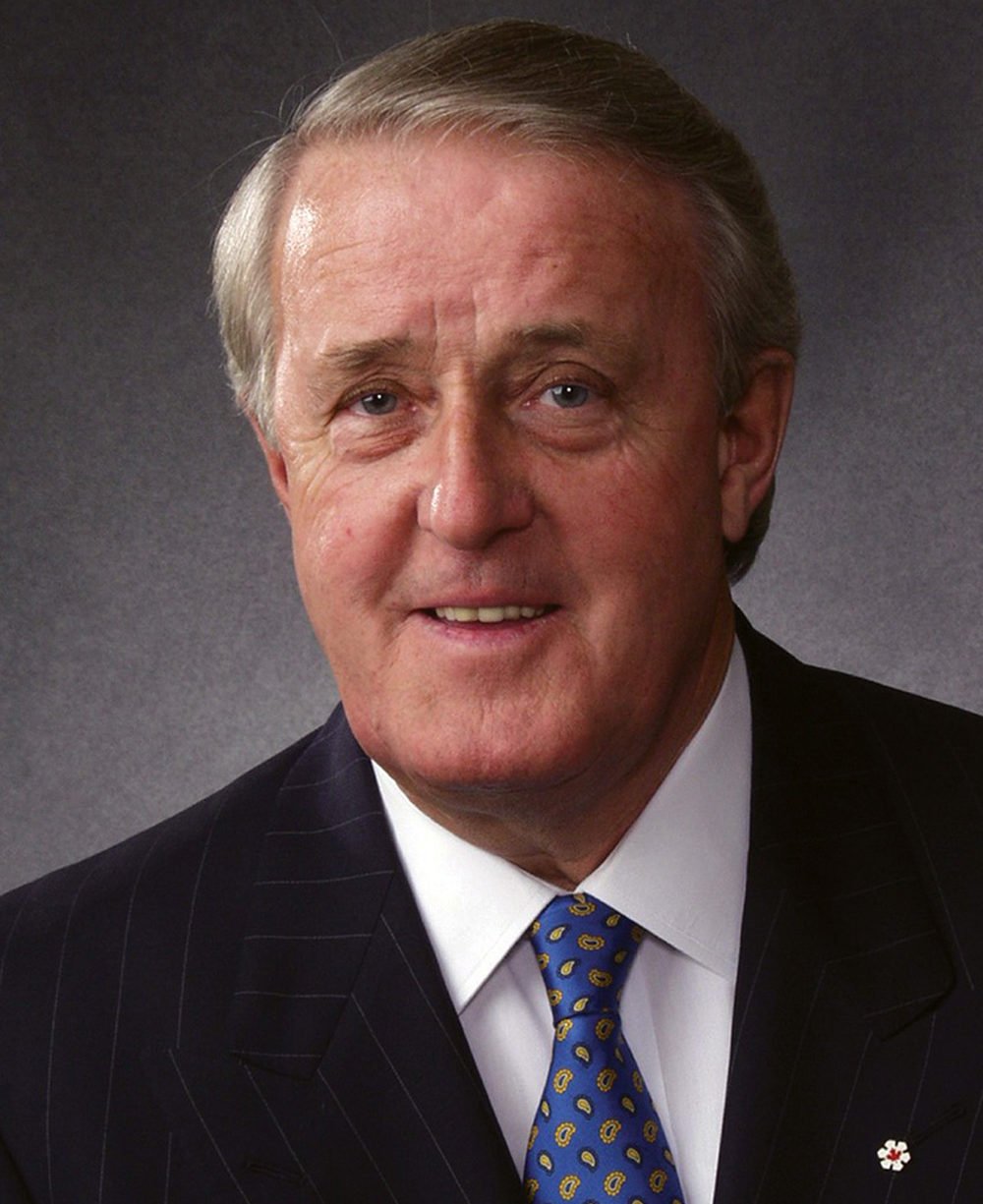The Municipality of Cumberland is recognizing the passing for former Prime Minister Brian Mulroney by lowering its flags to half staff at all its municipal facilities effective Friday, March 1.
Mulroney, who was Canada’s 18th prime minister, passed away Thursday. He was 84.
“We’re mourning the passing of our 18th prime minister,” Municipality of Cumberland Mayor Murray Scott said. “One thing you can say about him was he was a statesman who led Canada through some very turbulent times in the 1980s and he will be most remembered for taking Canada into the North American Free Trade Agreement with our neighbour and largest trading partner.”
Born in 1939 in Baie-Comeau, Que., Mulroney was a lawyer by trade. He became interested in federal politics through a friend and ran unsuccessfully for the leadership of the Progressive Conservative Party of Canada in 1976,losing to Joe Clark who would become prime minister for a short time in 1979.
Mulroney was elected party leader following a leadership review that ousted Clark and led the party to one of the largest election majorities in Canadian history in 1984. He was re-elected in 1988 when the Free Trade Agreement with the U.S. was the principle election issue.
He resigned as prime minister in 1993, and although he was outside politics he continued to speak out on various issues – including the union of the PC party and the Alliance Party into the Conservative Party.
Besides NAFTA, Scott said he made tough decisions, including the failed attempt to bring Quebec into the Canadian Constitution and the implementation of the Goods and Services Tax.
“When he said he was going to do something, he did it. When he brought the tax in Canada was fighting huge deficits. It was controversial at the time and some people didn’t like it, but he did it because it had to be done and it’s part of his legacy in that it continues today,” Scott said.


